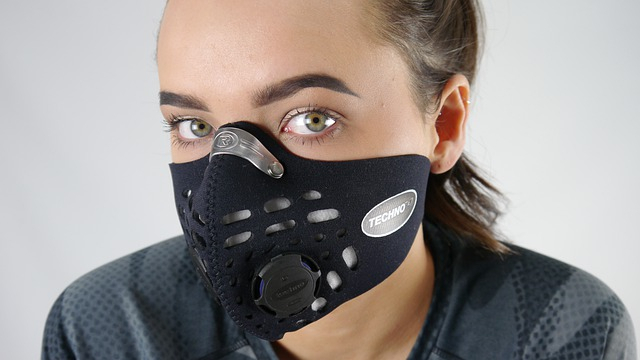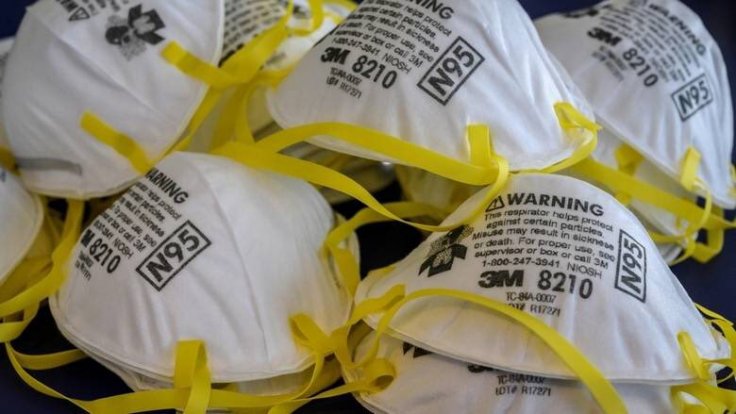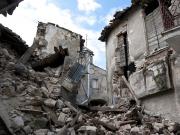Since the beginning of the coronavirus or COVID-19 pandemic, there have been questions from people around the world regarding the type of mask one should wear. Now, the US Centers for Disease Control and Prevention (CDC) has given an answer to one of the most asked questions about masks. The CDC has confirmed that despite the popularity of the face masks with valves or vents on them, these masks fail to prevent the spread of novel Coronavirus.
The recently updated CDC's guidelines stated, "The purpose of masks is to keep respiratory droplets from reaching others to aid with source control." It added that masks with one-way valves allow exhaled air to be expelled out through holes in the material that can allow the respiratory droplets that are exhaled to reach others and probably spread the virus. It further mentioned, "Therefore, CDC does not recommend using masks if they have an exhalation valve or vent."
Masks to Prevent Virus Spread

3M, the producers of popular valved masks for construction work, has stated that air is inhaled through the fabric part of the mask, and hot, humid exhaled air goes out through the valve, which makes the valved mask great for working in spaces with dust, in the air but it defeats the purpose to slow the spread of the virus.
However, along with CDC, other Healthcare experts have recommended mask-wearing to prevent the respiratory droplets from spreading into the air, while exhaling, speaking, coughing, sneezing. But the masks with valves allow those droplets through.
What Should We Do?

It is quite clear by now that different types of masks provide different levels of protection. As per the experts, surgical-grade N95 respirators offer the highest level of protection against Coronavirus infection. But these are still less popular compared to masks with valves or vents as the N95 respirators are not only costly but also uncomfortable to wear for a long time and limited in supply.
The evidence on using any mask, apart from surgical masks, is still emerging. Scarves and bandana material have found to be less effective, but still captured a fraction of particles. A tighter fitting around the face may give better protection but as per CDC's suggestion any covering, including a bandana, is better than none.
CDC has advised people to wear masks in public settings and said, "When around people who don't live in your household, especially when other social distancing measures are difficult to maintain." The agency also mentioned, "Masks should not be worn by children under the age of two or anyone who has trouble breathing, is unconscious, incapacitated, or otherwise unable to remove the mask without assistance."









